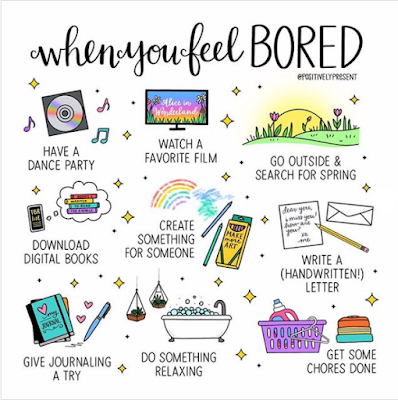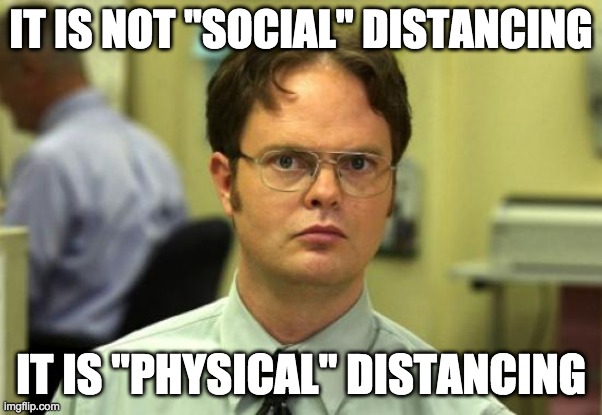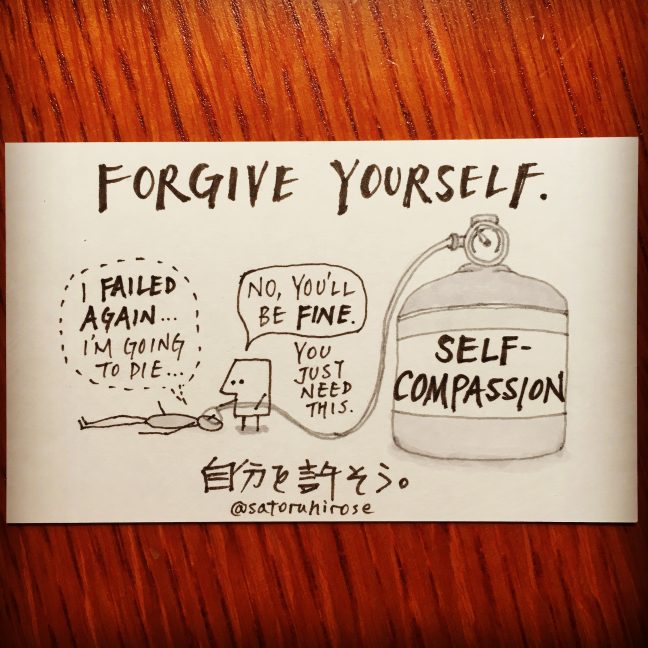Lately I was reflecting on the very first time I was heavily depressed and suicidal, back in 2012 when I was in Year 12. I've always considered it as the worst year in my life, and I've taken pride that I haven't had a year as bad as it.
Unfortunately, this year, 2021, seems to be a contender and my mental health is quite comparable to 2012. And at times it actually feels worse because in 2012 I knew what the end date was (the last day of HSC exams, if I'm remembering correctly it was November 6th). However, this year there is no clear end date - there is so much uncertainty. I'm not even talking just about the pandemic - there's some personal stuff going on and I don't know when that's all going to end.
Luckily, it's been almost ten years since That Terrible Year, and I've worked really hard on my mental health since then. I've become more aware of my thoughts and feelings, I'm seeing a psychologist regularly, I'm more open with receiving social support, and I'm actively prioritising self care.
Part of this self care is journalling. Many of you know that I do bullet journalling where I do a different art theme each month, track my habits, mood, and some additional stuff depending on what I need that month.
But this year I actually started journaling journaling - as in actually writing diary entries into my journal. I don't do it every day but I'm pretty consistent with writing most days of the week, minus a couple times where I've completely forgotten I even owned a journal a couple weeks at a time.
I think this has honestly been one of the best things for my mental health this year. I'm a visual person and while it's hard for me to verbally form words, I find it so easy to be able to express myself through writing words down. It's been especially helpful these last few weeks during this lockdown, so I thought I'd share some common journalling prompts that could help.
Note: I also want to stress that I'm not saying you just journal and voila you're all good to go - self care is an ongoing relentless process and involves hard work and dedication in all areas of your life - including your physical health (exercise, sleep, healthy eating), and your responsibilities (cleaning, getting work done, keeping appointments), etc. Journalling has just helped me to try to get on top of all this.
Journalling prompts
Distress log
- Situation:
- Emotion:
- How intense the emotion is (/100):
- Thoughts:
- Are any of these unhelpful thinking styles?
- Behaviours:
- Which of these were helpful?
- Which of these were unhelpful?
Thought challenging
- Distressing thought:
- Factual evidence FOR this thought:
- Factual evidence AGAINST this thought:
Gratitude log
- What is one thing I'm grateful for today?
For those of you who follow my bullet journalling, I do a gratitude log each month where every day I force myself to be grateful for one thing, no matter how small. Sometimes it's just that I watched a TV show I liked, or ate something nice. On days where I'm really struggling, I'll just put my good health - and if I'm sick that day I'll put down the fact that I can still see, or hear, or walk.
What I'm looking forward to
- What can I look forward to tomorrow/this week?
Lately I've been doing this a lot because I'm finding it really hard to get excited about anything. I have a lot of difficulty going to sleep because I dread waking up the next morning and having to go through this cycle again. So while the gratitude log is retrospective, this one is helping me pre-empt gratitude.
Again, these things can be really small like, "I'm going to read a bit more", "I'm going to watch a TV show/movie", "I'm going to have a nice cup of tea", "I'm going to eat this delicious meal". It just helps me to remember that my whole day isn't actually just doing work - I can sprinkle some nice things throughout the day too.
What went well today and Why
- Write down three things that went well today
- Write down WHY they went well
(Click here for an article about this exercise)
This is a great one when you finish a long day at work and feel like you haven't accomplished anything (welcome to the life of a PhD student). Sometimes I literally have to dig out my to-do list from the bin to realise, "Hey, I actually got a few things done today!" On top of that, write down WHY they went well. Was it because you scheduled in breaks and were able to be more productive during your actual working sessions? Was it because you broke down your tasks into smaller tasks and wrote a to-do list? Was it because you practised some mindfulness beforehand to focus better? Was it because you were open to your supervisor and they provided you some help or advice?
I typically do this in a work-related context, but you can also do this in terms of self-care.
Pros and cons
- Problem:
- Possible solutions:
- Pros:
- Cons:
Sometimes you just need a good ole pros and cons list. This might be if the thought challenging exercise doesn't really work (because sometimes your distressing thought is actually true!). But I recently tried this once when I felt so paralysed and not up to doing any self-care.
At the time I didn't "feel like doing anything" so I wrote a list of things I usually do, then thought of the pros and cons for doing it. Sometimes a con looks stupid on paper and you realise that you should just do it, like "Exercse - pro: it's healthy, I might feel better after - con: it'll be tiring." And sometimes a pro doesn't actually seem to be worth the con, like: "Paint - pro: I should be painting more, I can cross this off my list - con: I'm really tired and can't concentrate on anything too taxing right now"
Brain dump
- Just write; don't stop
















